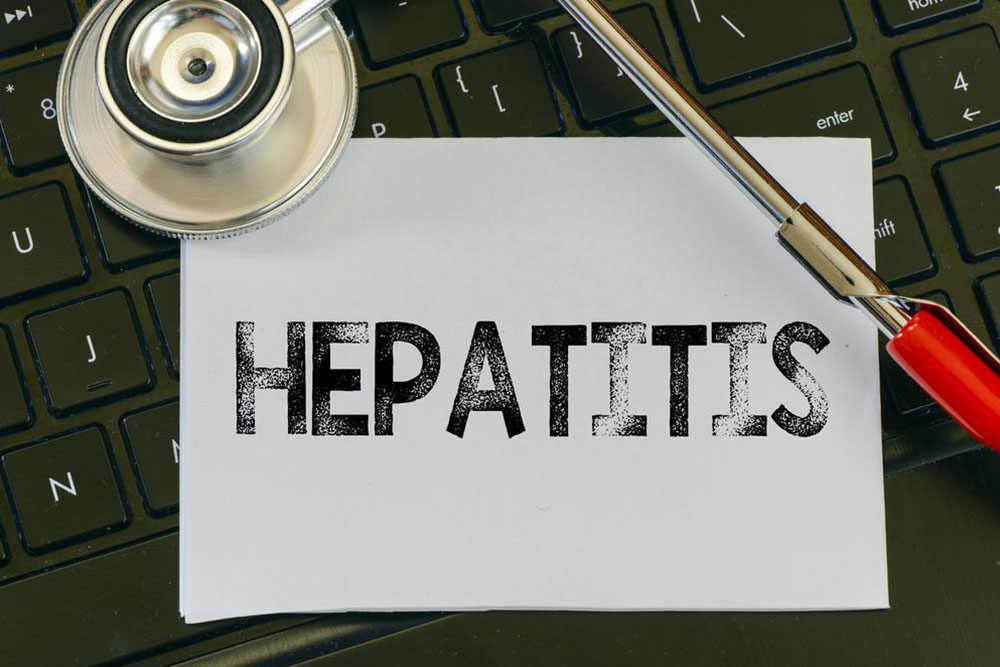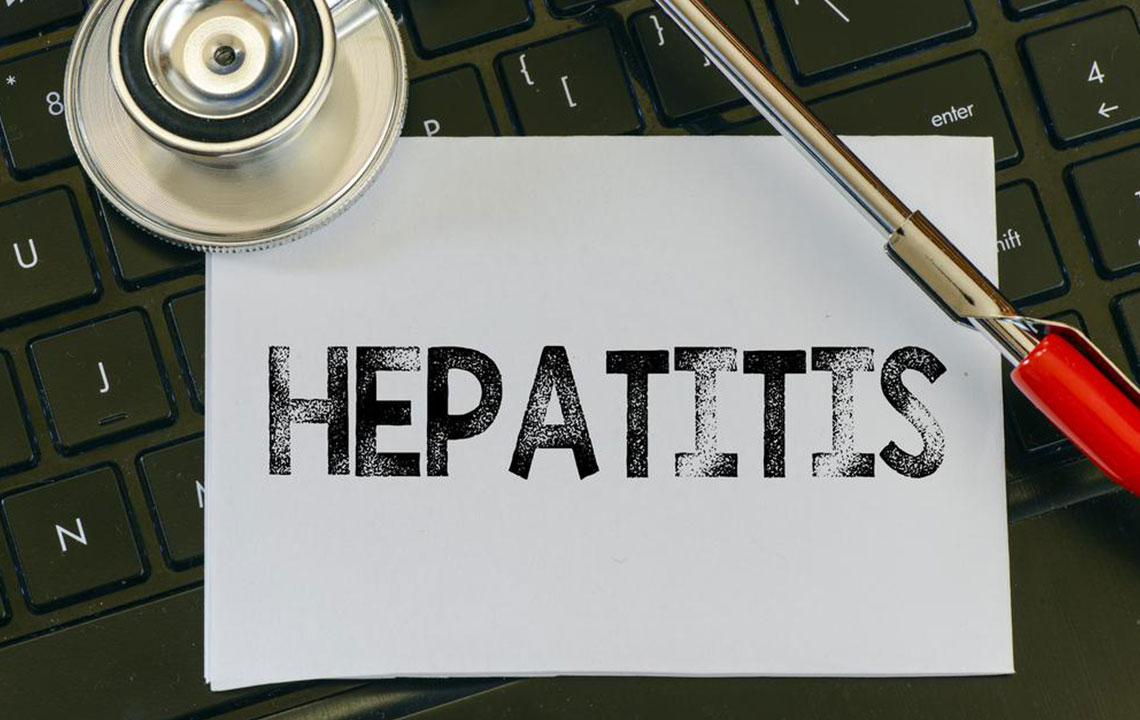Effective Diet Strategies to Manage Hepatitis C Symptoms
Discover effective dietary strategies to support liver health and manage hepatitis C symptoms. Incorporate anti-inflammatory foods like fatty fish, berries, kale, and green tea into your diet. Learn tips to avoid aggravating the condition, including reducing salt and sugar intake. These eating habits can help lessen inflammation, promote detoxification, and improve overall well-being. Consult healthcare professionals for personalized advice and treatment options to effectively combat hepatitis C while maintaining a healthy lifestyle.
Dietary Approaches to Support Liver Health in Hepatitis C
Hepatitis refers to liver inflammation caused by different viral types, including A through E, depending on transmission routes. Hepatitis C results from infection with the hepatitis C virus (HCV), which is transmitted through contaminated blood, often via transfusions. There are two main stages of hepatitis C infections:
Acute hepatitis C
A short-term infection lasting up to six months, during which the immune system may clear the virus naturally. However, immunocompromised individuals risk developing chronic infection.

Chronic hepatitis C
Long-lasting and potentially lifelong, this form can lead to serious liver issues such as cirrhosis and hepatocellular carcinoma.
Foods Supporting Hepatitis C Management
Effective management requires vigilant symptom monitoring and tailored treatment. Diet plays a vital role in reducing inflammation and preventing liver damage. Consuming anti-inflammatory foods can help mitigate symptoms and support healing. Consider adding these foods to your diet:
Omega-3 rich fish
Oily fish such as salmon, mackerel, sardines, and tuna provide omega-3 fatty acids, particularly EPA and DHA, which reduce liver inflammation. Alternatives like flaxseeds, walnuts, and canola oil also offer anti-inflammatory benefits.
Turmeric
This spice contains curcumin, a compound with potent anti-inflammatory properties. It inhibits proteins that trigger inflammation, helping soothe liver inflammation caused by hepatitis C.
Berries
Raspberries, blueberries, cranberries, and strawberries have anthocyanins that fight inflammation and serve as antioxidants, aiding in symptom relief.
Kale and leafy greens
Rich in sulfur, these greens promote liver detoxification and help prevent chronic inflammation by facilitating toxin breakdown.
Green tea
Packed with flavonoids and anti-inflammatory agents, green tea can strengthen immunity and reduce inflammation related to hepatitis C.
Tart cherries
Known for detoxification, tart cherries contain anthocyanins that combat liver inflammation and help control symptoms like jaundice and fatigue.
Sweet potatoes
These root vegetables contain pigments and compounds that help remove toxins from the blood, reducing inflammation.
Kelp and Seaweed
Containing fucoidan, kelp reduces liver inflammation and offers antioxidant benefits. Organic, unpolluted seaweed is recommended for safe consumption.
Olive oil
Rich in polyphenols, virgin olive oil has anti-inflammatory effects and can promote cell health and longevity.
Additional Dietary Tips
Alongside these foods, certain dietary modifications can alleviate hepatitis C symptoms:
Avoid fatty foods
Fats, especially saturated fats, can cause liver inflammation and contribute to cirrhosis. Limit intake of full-fat dairy products, baked goods, and fried foods.
Eat more leafy vegetables
Vegetables like spinach, collard greens, and kale reduce liver fat buildup and support overall liver health.
Reduce salt consumption
Excess salt can cause fluid retention and ascites, an end-stage liver complication.
Limit sugar intake
High sugar levels overload the liver and can exacerbate damage; moderation is essential.
Use juicing as a supplement
Juicing provides easy-to-digest nutrients and energy, especially for those with compromised liver function, though whole fruits and vegetables are preferable.










